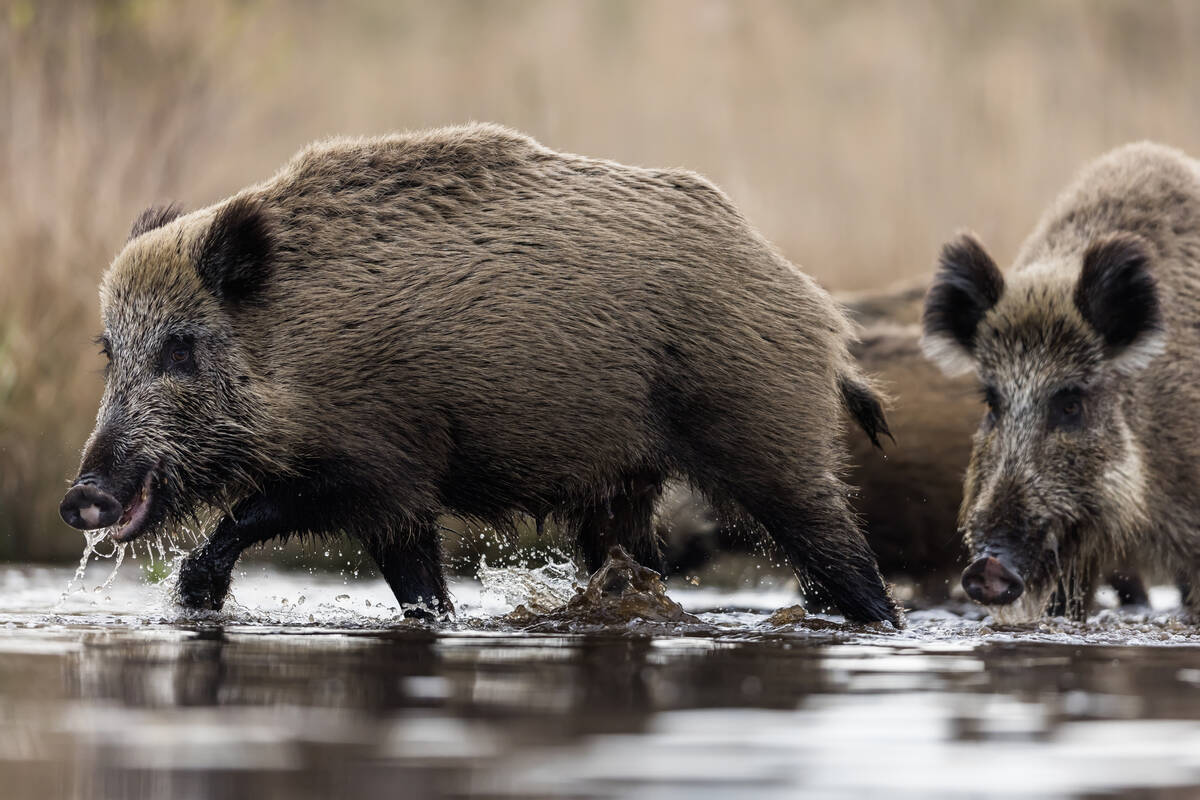The last week of October added a dramatic chapter to the never-ending glyphosate saga in Europe.
The future of the herbicide, the active ingredient in Roundup, is still uncertain in the European Union but it’s becoming clear to observers in Canada that the glyphosate brawl is much bigger than one weed killer. It’s about European activists who want to change farming practices around the globe.
“I think it’s finally hitting home that this is not just (about) a chemical here or there. This is an ideological shift,” said Pierre Petelle, president of CropLife Canada, a group that represents manufacturers of pest control and plant breeding products.
Read Also

Manitoba bans wild boar possession
Manitoba has tightened the regulatory status of Eurasian wild boar in an effort to help fight back against invasive wild pigs.
“Every day I look at the news that comes out of Europe and I pity my colleagues that work there.”
The European Parliament recently voted to phase out the use of glyphosate by 2022.
However, the European Commission, which is the bloc’s executive branch, then proposed extending the herbicide’s license for five years. A vote on the proposal is scheduled for Nov. 9.
Petelle said it’s hard to guess how that vote will go because when it comes to agricultural chemicals, it seems like science is almost irrelevant in Europe.
“It’s becoming more and more the case, as sad as that is,” he said. “Without some sort of foundation in science, there’s no predictability.”
Canadian farmers should be worried because Europe is edging toward no tolerance for glyphosate and many other pesticides.
This means maximum residue limits on imported grain and food could drop to nothing.
“Then the rest of the world that’s growing food for Europe … is now held hostage to Europe’s political winds on chemistry,” Petelle said.
“(It’s) going to have an impact on the ability of us (Canadian farmers) and other exporters to use the compounds we need to use.”















